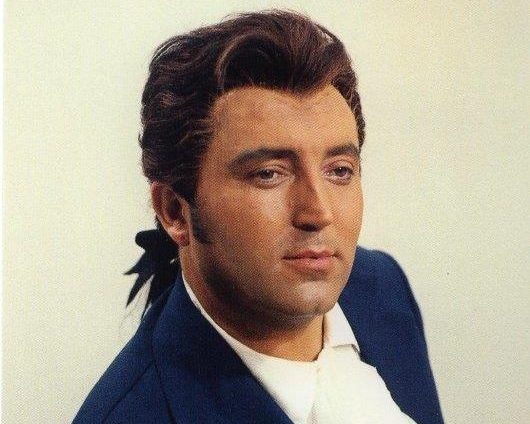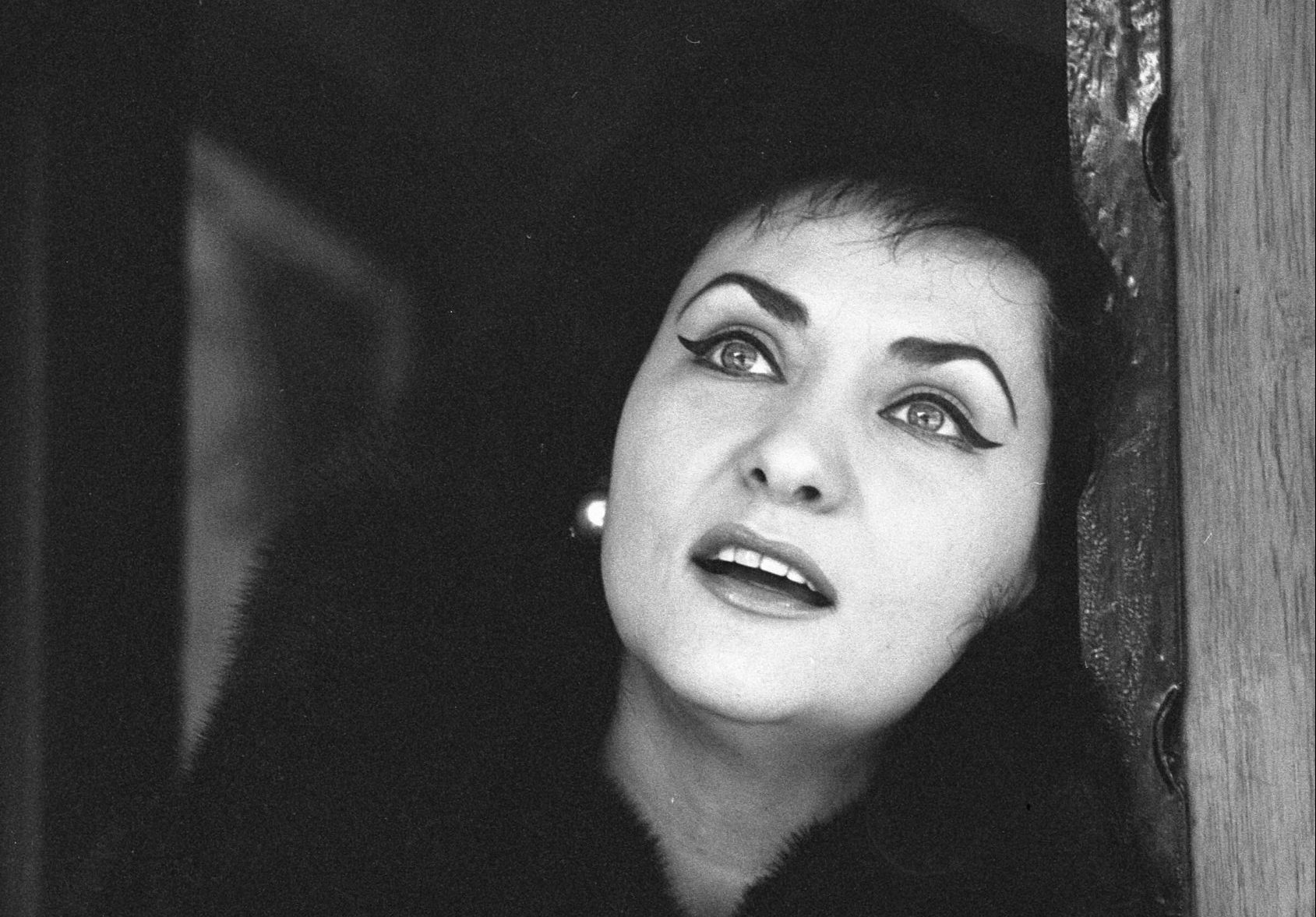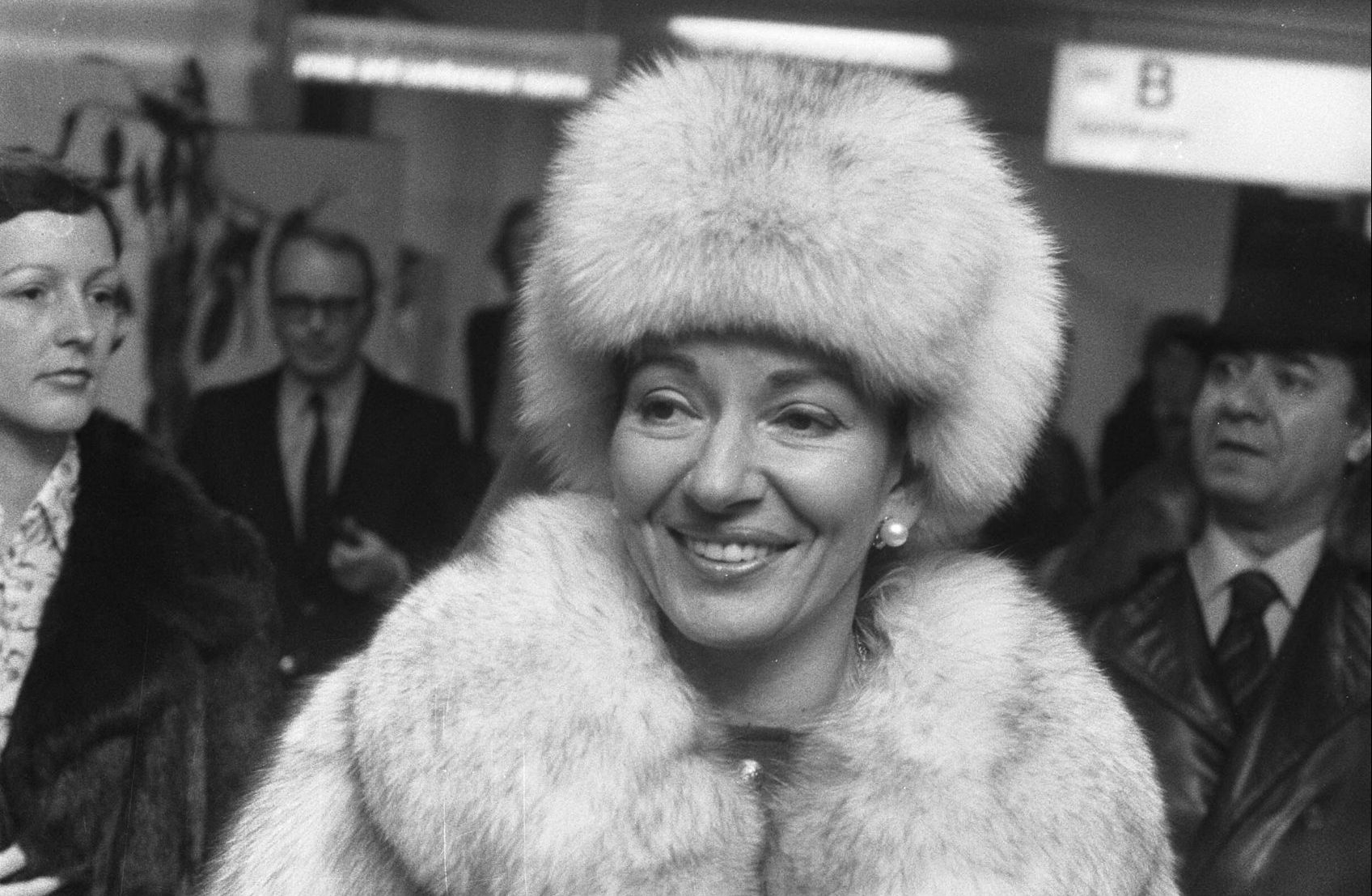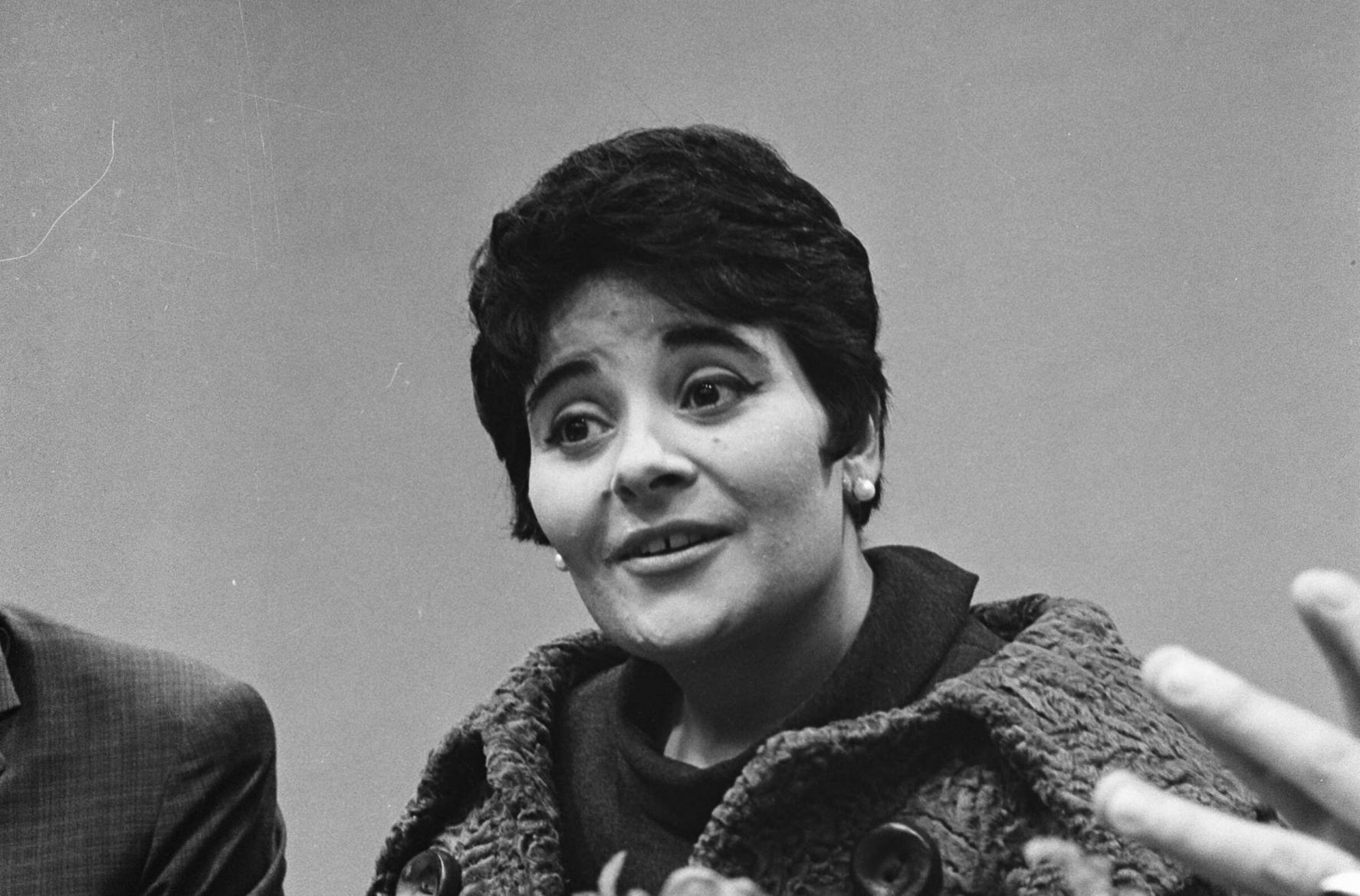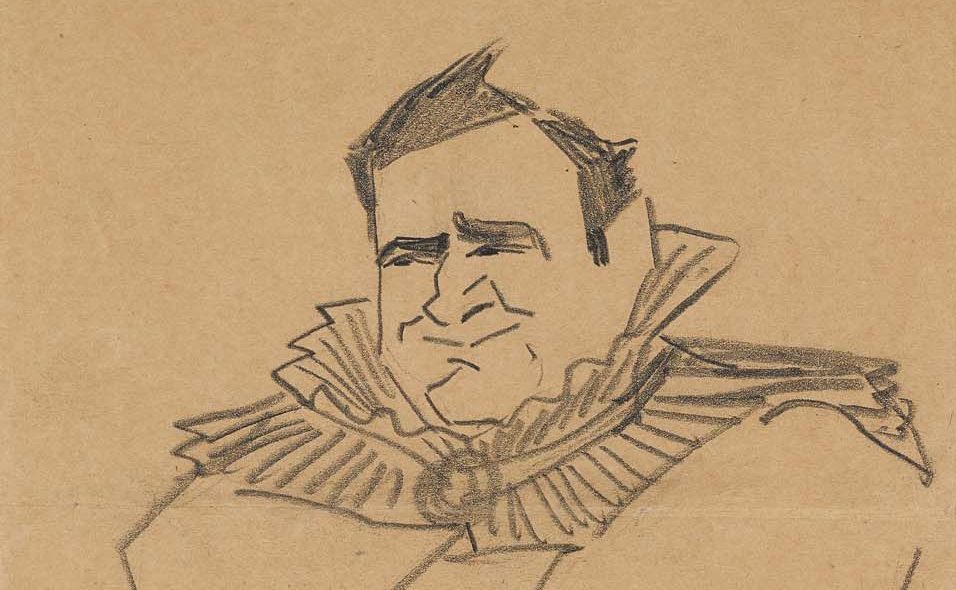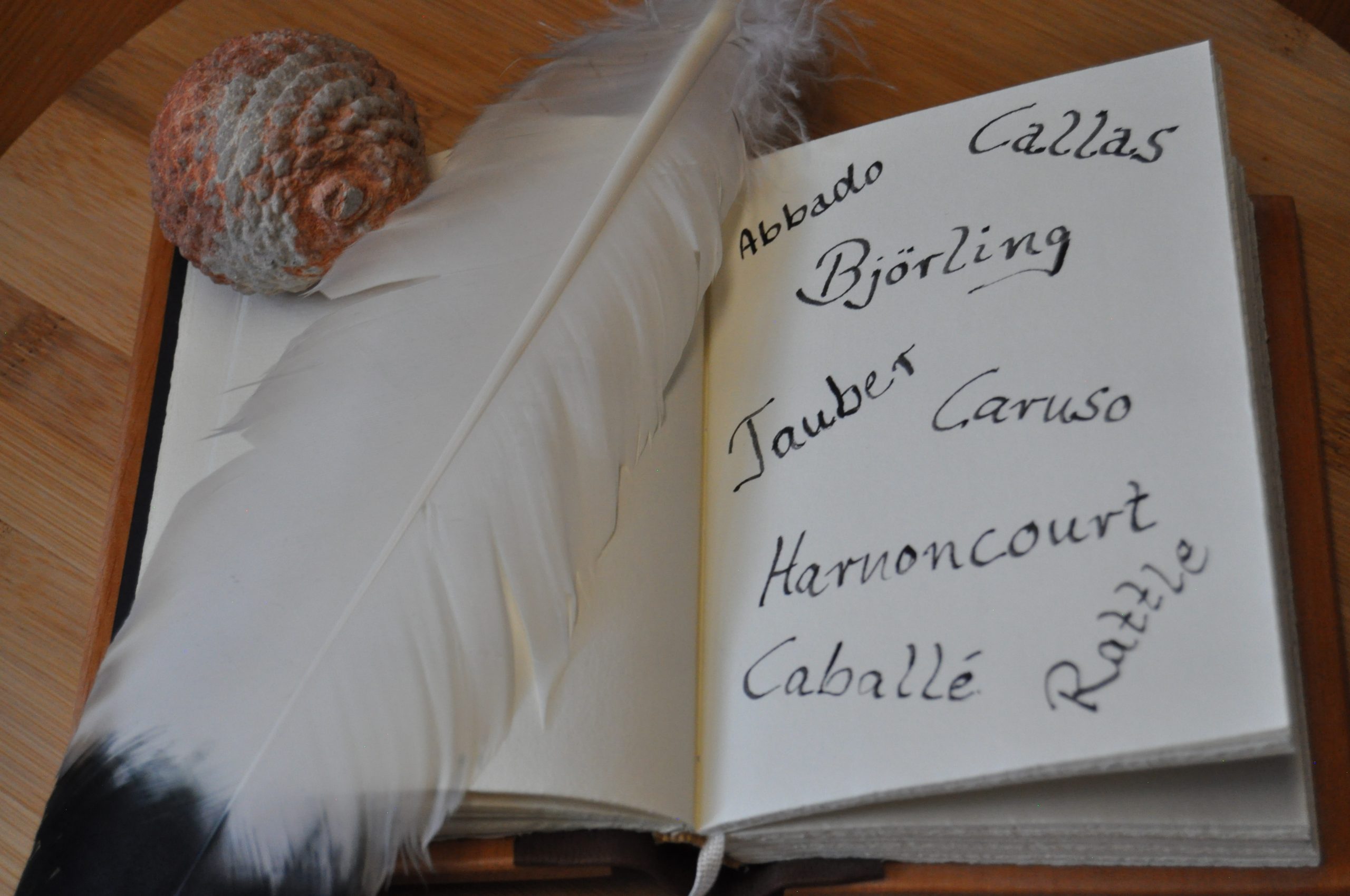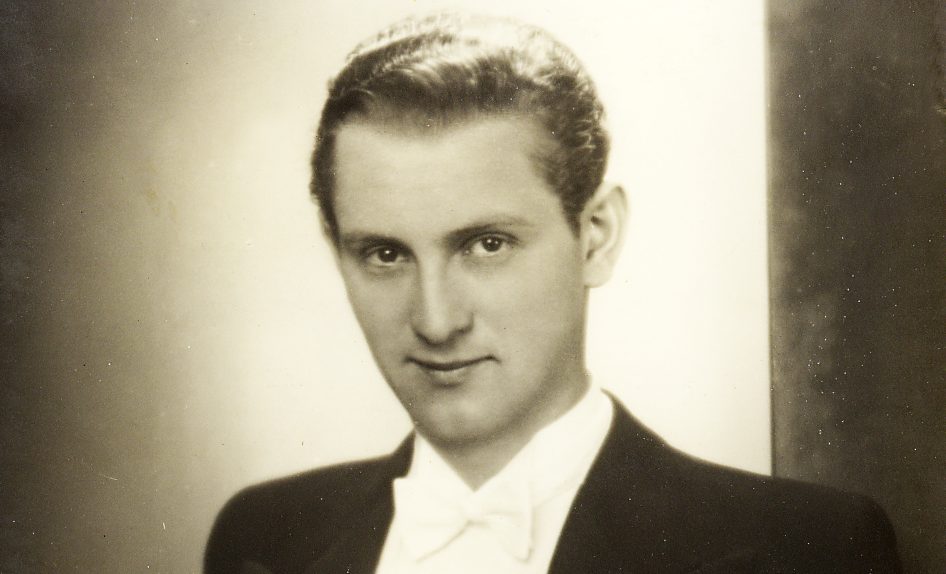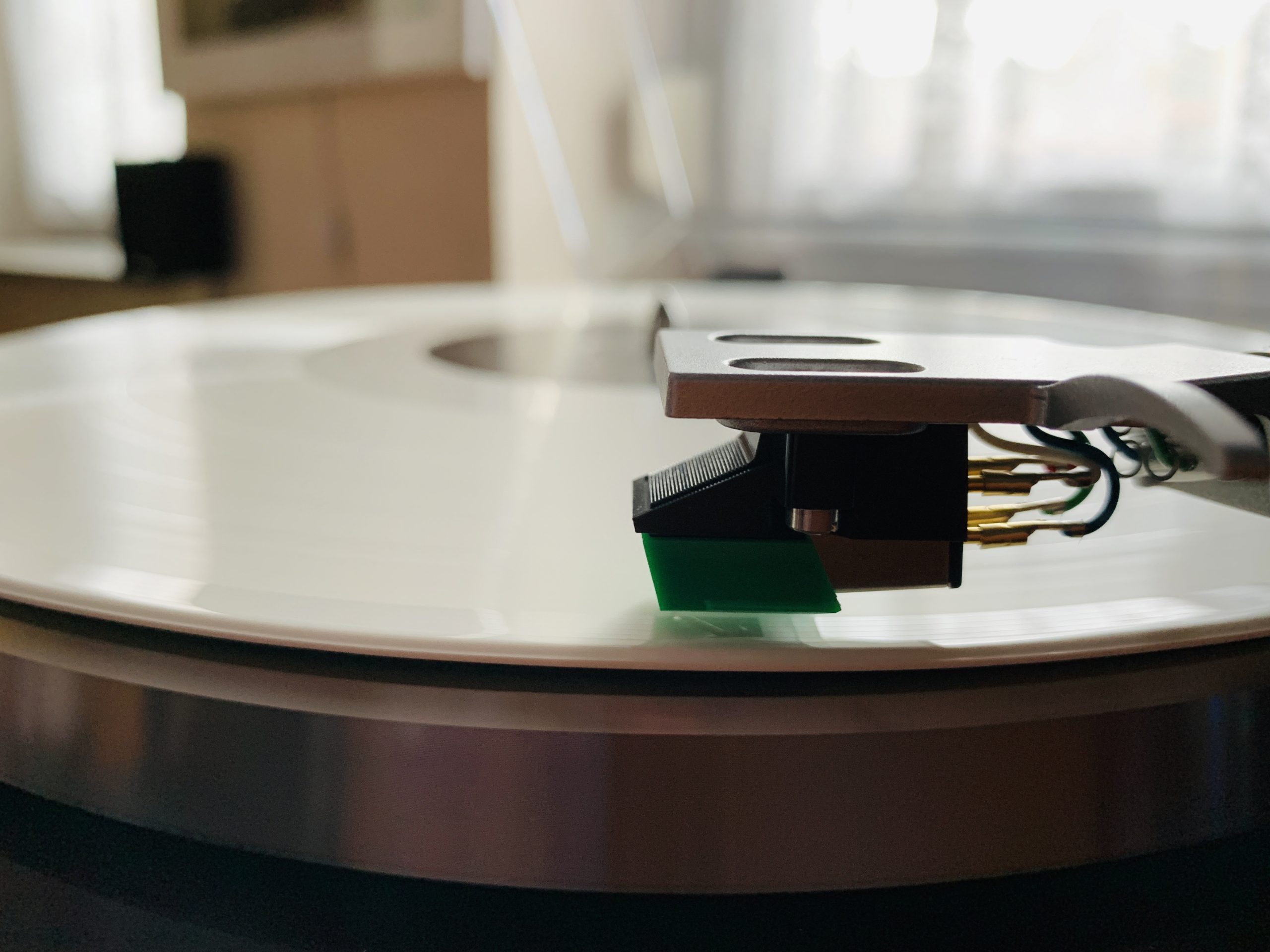She was one of those opera singers of the last century who are very often neglected: Virginia Zeani (1925 – 2023). In her younger years, Zeani’s appearance resembled that of an early-era Hollywood star – but hardly any Hollywood star has probably ever possessed such a singing voice.
Virginia Zeani’s career took place mainly on the opera stage: vinyl records featuring her are available, but compared to the recordings of sopranos such as Maria Callas or Renata Tebaldi, Zeani records did not play a role at the time.
This is said to have been mainly due to the fact that Zeani never had a manager and, according to her own statements, she paid nothing for publicity – although she may have regretted this later, this circumstance testifies to great integrity on the part of the opera singer.
In any case, many opera lovers and critics are of the opinion that no recording – no matter how technically flawless – can compare to what one experiences live in an opera hall.
No sooner was she 13 than she began taking singing lessons.
Lydia Lipkowska
The opera soprano’s roots lay in the historic region of Transylvania, which now belongs to Romania: At the age of nine, Zeani is said to have seen a production of Madama Butterfly (Puccini) and set her mind on being on the opera stage herself one day.
At nine years old, however, she was still a little too young to take serious singing lessons – but no sooner was she 13 than she began taking singing lessons.
Her first singing teacher was sure Zeani would one day be a mezzo-soprano.
Shortly after she began her studies, she got wind that the world-famous soprano Lydia Lipkowska had settled in Bucharest as a singing teacher during the Second World War: Lipkowska was a coloratura soprano and had been engaged at just about every important opera house in the USA at one time or another. Lipkowska revised the assessment of Zeani’s first singing teacher and recognised in Zeani a soprano lirico-leggero, a vocal interplay of lyric soprano and light soprano. Among the first roles Lipkowska rehearsed with her young pupil were the Violetta from La Traviata (Verdi) and the Mimi from La Bohème (Puccini). These roles later became parade roles for Virginia Zeani.
Stage debut
Three months of daily lessons with her singing teacher are said to have caused Zeani to reach the high F within three months: this fact consolidated the assessment that Zeani possessed a soprano voice and not a mezzo-soprano voice.
At that time, Italy was considered the cradle of opera culture: many young opera singers were attracted to Italy and, if possible, travelled there to continue their studies. In 1947, Zeani moved to Milan and studied there with tenor Aureliano Pertile, among others.
After Zeani’s training as an opera soprano had reached an advanced point, she asked herself the question that every young opera singer probably asks after graduating: Where and in which role would she make her stage debut?
Her singing teacher Pertile was anxious to find the young Zeani an engagement as soon as possible: Very young opera singers are often called when the actual cast for the role is prevented from appearing on stage due to illness. One could say: if many an established opera star had not been plagued by a cold from time to time, many an opera career would probably never have existed. This was also the case with Virginia Zeani: in May 1948, the soprano Margherita Carosio fell ill and the Teatro Duse in Bologna was looking for a replacement for the role of Violetta from Verdi’s Traviata.
In Virginia Zeani, the opera house in Bologna found a replacement for Carosio: this is how it came about that Zeani, at the age of 22 and with no previous stage experience, celebrated her stage debut in the central role of a Verdi opera.
I puritani
Who could have guessed back in May 1948 that Zeani would be singing Violetta for the first time at the Teatro Duse in Bologna, a role she would sing 600 times worldwide during her career? The Romanian soprano’s interpretation of Violetta is still considered a benchmark in the opera world. In any case, the conductor of the production at the time was already enthusiastic about Zeani in 1948 and offered the young singer a contract.
In the following years, Zeani initially stayed away from the big Italian opera houses: she concentrated on performing in small opera houses, but there she slipped into the central roles of an opera production.
Thanks to the initiative of Tullio Serafin, Virginia Zeani was given the opportunity in 1952 to replace Maria Callas in the role of Elvira in I puritani (Bellini): This production at the Teatro Communale in Florence can be considered one of the great moments of Zeani’s career: Especially by standing in for the great Maria Callas, many European opera houses became aware of the exceptionally talented soprano.
In later years, however, Zeani remembered her roots and turned to verismo.
Verismo and bel canto
In 1953 she toured numerous cities in the British Isles on the occasion of the coronation of Queen Elizabeth II: This tour, on which she mainly interpreted Violetta and Mimi, gave her career a great boost.
As a result, 1956 also saw the long-awaited debut at Milan’s Teatro alla Scala for Virginia Zeani: there she played the role of Cleopatra from Handel’s Giulio Cesare alongside Nicola Rossi-Lemeni, who later became Zeani’s husband. Thanks to her physical appearance, Zeani was predestined for the role of Cleopatra: Elizabeth Taylor, who had a certain visual resemblance to Zeani, also played the role of Cleopatra during her film career (Cleopatra, 1963).
Virginia Zeani was predestined for the verismo repertoire: nevertheless, Zeani initially specialised in bel canto. In a music-historical context, bel canto means mainly those operas by the composers Rossini, Donizetti and Bellini and emphasises the emotional expression of a singer. In later years, however, Zeani remembered her roots and her singing teacher Luigi Ricci – who had rehearsed Puccini’s operas with the composer himself – and turned to verismo. This is how Zeani came to include operas such as Tosca, Adriana Lecouvreur or Manon Lescaut in her repertoire in later years.
Enormous vocal spectrum
Listening to one of Virginia Zeani’s much sought-after opera recordings, one is struck by the dynamics of her voice: it sounds soft, but without losing any of its high notes. Some compared her voice to that of Renata Tebaldi, who was considered “angelic”, but Virginia Zeani’s vocal style has a different bandwidth and dynamic than that of Tebaldi, who was a spinto soprano.
Zeani’s voice combined the components of a lyric soprano voice and a light soprano voice: She was equally suited for the bel canto repertoire as for the verismo repertoire.
After retiring from the stage, she became a sought-after voice teacher at the Indiana University School of Music.
Giovanni Battista Meneghini, who was once Maria Callas’ husband, is said to have once remarked to Virginia Zeani: “Virginia, I must tell you, you are one of the few sopranos my wife is frightened of.”
Main sources: The biography of Virginia Zeani on virginiazeani.org and an article about Zeani in the professional journal Das Opernglas, issue 07-08/2023
Cover picture: Virginia Zeani 1963
Picture credit: Fotograaf Broers, F.N. / Anefo, Nationaal Archief, CC0

 Deutsch
Deutsch Français
Français